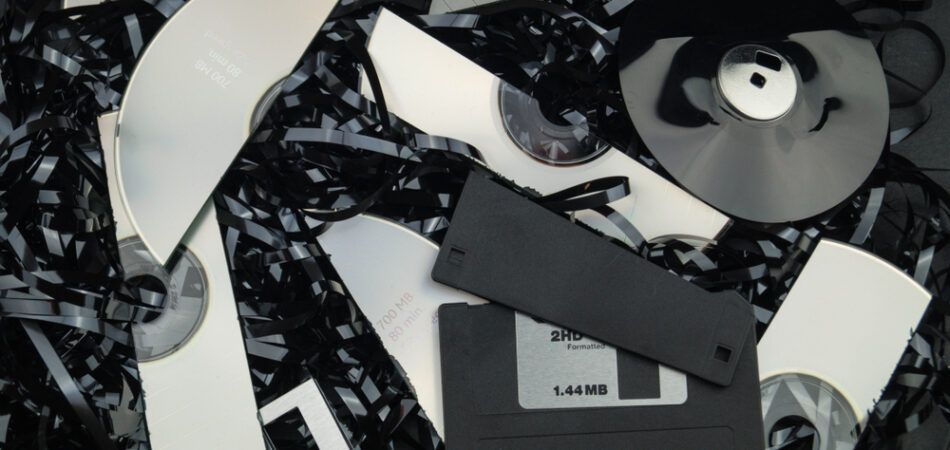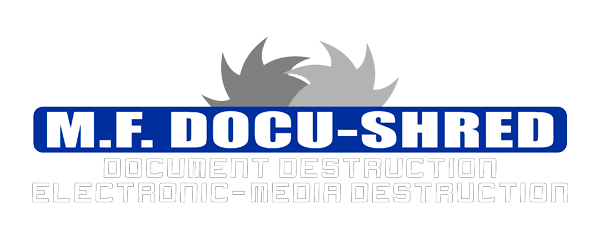
These days, upgrading to newer computers and devices is a common practice. However, once the time comes to part ways with your old devices, it is essential to follow proper computer disposal procedures to ensure that sensitive data is protected, the environment is safeguarded, and that the device is properly decommissioned. The process of safely disposing of an old computer involves several important steps that go beyond simply throwing it in the trash. Below are the key actions you should take before disposing of your old computers, ensuring that everything from personal data security to environmental impact is carefully considered.
The Importance of Proper Data Deletion
One of the most crucial aspects of disposing of an old computer is ensuring that any personal or sensitive data is completely removed. Failing to do so can result in the risk of identity theft, fraud, or exposure of confidential information. Most people are unaware that simply deleting files or even formatting the hard drive isn’t enough to make the data irretrievable. Data can often be recovered from a formatted disk with the right tools and knowledge.
To securely delete your data, the first step is to back up any important files you might need later. Once the backup is complete, the next step is to use a secure data wiping tool. These tools are designed to overwrite the data multiple times with random data patterns, making it virtually impossible to recover any of the original information. Some reputable software options for this purpose include DBAN (Darik’s Boot and Nuke) and Eraser.
If you are unsure how to securely wipe your data, professional data destruction services can assist you in performing this task to industry standards. Many of these services offer a certificate of destruction, providing additional peace of mind that your data is completely irretrievable.
Physically Decommissioning the Device
Once all personal and sensitive data has been securely erased, it’s time to physically decommission the device. This involves properly disconnecting and preparing the hardware for disposal. Depending on the model and age of the computer, certain components, such as the hard drive, may need to be physically removed for further destruction.
For desktops, you’ll likely need to open the case and carefully disconnect the internal components. Removing the hard drive, optical drives, and any additional storage or memory devices is critical if you plan to reuse or recycle parts. This process can be a bit more involved for laptops, which are smaller and more compact. For laptops, the hard drive is often secured in a compartment that needs to be carefully unscrewed or unclipped.
Even if you plan to recycle your computer, it is essential to separate any valuable or hazardous components. Many devices contain materials such as lead, mercury, and cadmium, which can be harmful to the environment if not disposed of correctly. Therefore, proper decommissioning ensures that the computer is ready for safe disposal or recycling.
Choosing the Right Disposal or Recycling Option
When it comes to disposing of old computers, it is important to choose an environmentally responsible option. Computers contain valuable metals and components that can be recycled, but they also contain hazardous materials that should not be thrown into a landfill. Choosing a certified e-waste recycling facility is one of the best ways to ensure your old computer is handled properly.
Look for facilities that are certified under the Responsible Recycling (R2) or e-Stewards certification programs. These certifications ensure that the recycling company adheres to strict environmental and data security standards. A reputable recycling company will responsibly dismantle the computer, recover valuable metals, and properly dispose of toxic materials.
If your computer still has some life left in it, you may also consider donating it to a charitable organization or passing it on to someone who could use it. Many charities refurbish old computers to provide access to technology for low-income families, schools, and communities. Before donating, however, be sure to completely wipe your data and decommission the device, so that no personal information can be accessed.
Considerations for Commercial or Business Computers
If you’re disposing of a computer from a business or commercial setting, the stakes are higher. Businesses often have more stringent data protection regulations to follow, especially if the device contains sensitive customer, employee, or financial information. Many industries are subject to laws such as HIPAA (Health Insurance Portability and Accountability Act), PCI-DSS (Payment Card Industry Data Security Standard), or GDPR (General Data Protection Regulation), which require businesses to take additional steps to secure data before disposal.
In such cases, you may need to engage a professional IT asset disposal service that specializes in secure computer disposal for businesses. These services can help you handle the process in a way that is fully compliant with industry regulations. They often provide on-site data destruction, secure transport of devices, and certificates of data destruction. For businesses, working with a certified IT asset disposal provider not only ensures compliance but also helps protect the organization from potential data breaches and the legal ramifications that could follow.
Final Thoughts on Old Device Decommissioning
Disposing of old computers is more than just a simple act of discarding unwanted electronics. It’s a process that requires careful attention to data security, environmental impact, and legal responsibilities. By following the proper computer disposal procedures, you can ensure that your sensitive information remains safe, the environment is protected, and that your device is disposed of responsibly.
Whether you’re an individual disposing of an old laptop or a business handling a fleet of outdated devices, taking the time to follow these important steps will not only protect your personal or business data but will also contribute to the larger effort of minimizing electronic waste and promoting sustainability.
So, before you toss that old computer aside, remember that the disposal process is more than just clearing space on your desk or in your office. By making informed decisions and ensuring proper decommissioning, you can confidently and securely move on to the next chapter of your digital life.
Here at M.F. Docu-Shred, we understand the importance of secure document destruction and the peace of mind that comes with knowing your sensitive information is fully protected. Whether you’re a business in need of recurring shredding services or a residential customer seeking a one-time data destruction solution, we’re here to help. With our commitment to compliance with laws like HIPAA and FACTA, we ensure your documents and devices are disposed of in the most secure and environmentally responsible manner. Reach out to us today for a consultation and let us help you protect your data and privacy with top-tier shredding services tailored to your needs.

